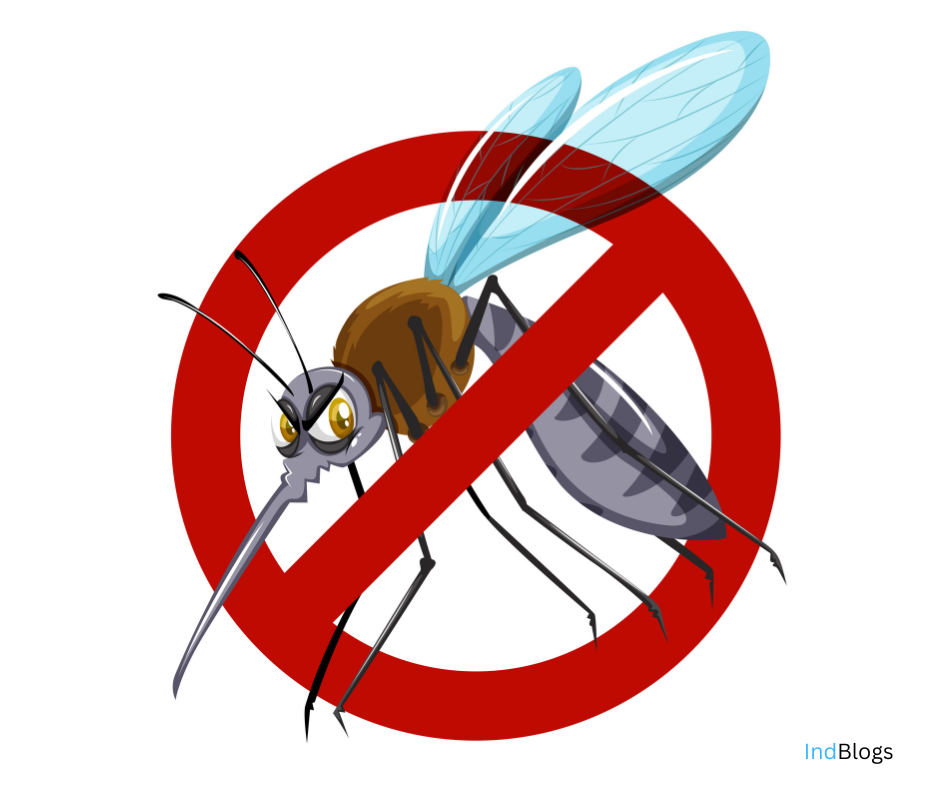Common winter illnesses can vary, but here are some of the most typical ones and tips on how to avoid them:
- Influenza (Flu): The flu is a highly contagious respiratory infection. To avoid it, get a flu shot, practice good hand hygiene, and maintain a strong immune system through a healthy diet and exercise.
- Common Cold: The common cold is caused by various viruses. Wash your hands frequently, avoid close contact with sick individuals, and consider taking vitamin C or zinc supplements to boost your immune system.
- Norovirus (Stomach Bug): Norovirus is known for causing stomach and intestinal inflammation. Practice good handwashing, avoid contaminated food or water, and clean and disinfect surfaces regularly.
- Strep Throat: Strep throat is a bacterial infection. Avoid sharing utensils or drinks with an infected person, and practice good respiratory hygiene (covering your mouth when you cough or sneeze).
- Bronchitis: Bronchitis can be caused by viruses or bacteria. Avoid smoking and exposure to secondhand smoke, and maintain good hand hygiene to reduce your risk.
- Pneumonia: Pneumonia can also be viral or bacterial. The best prevention is to get vaccinated if you’re at risk, such as if you’re elderly or have a weakened immune system.
- Hypothermia: Hypothermia is a condition where your body loses heat faster than it can produce heat, leading to a dangerously low body temperature. To prevent it, dress in warm layers and avoid prolonged exposure to cold and wet conditions.
- Frostbite: Frostbite occurs when the skin and underlying tissues freeze. Protect exposed skin in extremely cold weather, and seek warm shelter if you suspect frostbite.
- Seasonal Affective Disorder (SAD): SAD is a type of depression that occurs during the winter months due to reduced exposure to sunlight. To prevent it, try to spend time outdoors, use light therapy lamps, and consider talking to a mental health professional.
- Dehydration: During the winter, people often forget to drink enough water. Make a conscious effort to stay hydrated by drinking water and other hydrating beverages.
Remember, practising good hygiene, maintaining a healthy lifestyle, and getting appropriate vaccinations are some of the best ways to prevent winter illnesses. If you do become ill, consult a healthcare professional for proper diagnosis and treatment.




